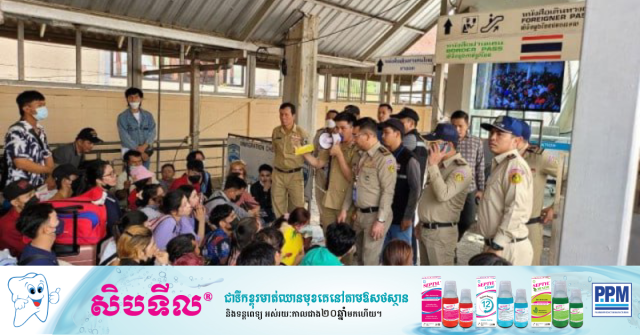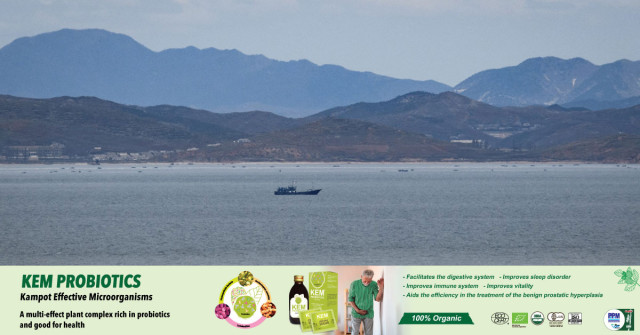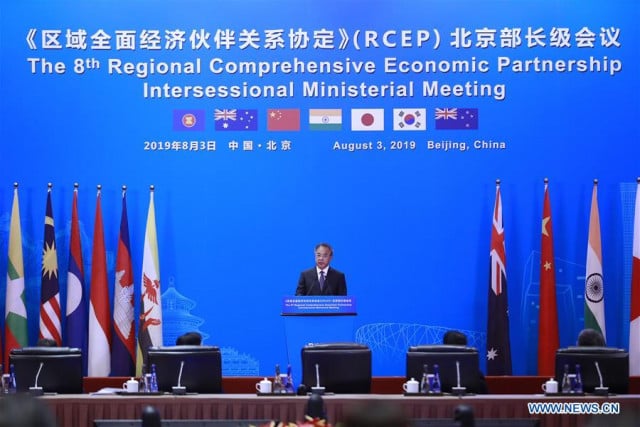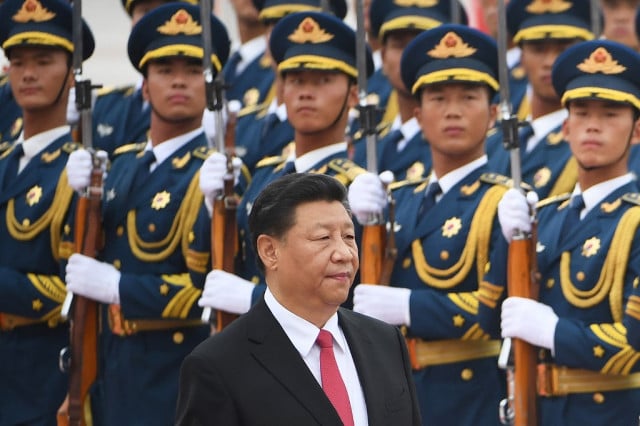Thailand Cuts Fees for Cambodian Workers

- By Meng Seavmey
- November 1, 2023 3:00 PM
PHNOM PENH – Cambodian workers will pay less for inspections and work permits as a part of the Thai Ministry of Labor’s new fees for foreign workers.
Workers will now pay 500 baht (nearly $14), down from 2,000 baht ($55.64), for visas and 500 baht, reduced from 1,900 baht ($52.85), to apply for a temporary stay.
Effective from November onward, the ministry’s order will take effect for four years and only apply to workers from Cambodia, Laos, Myanmar and Vietnam working through an employment contract or a memorandum of understanding in connection with the worker’s recruitment, according to an article posted by the Thai media Khaosod English on Oct. 30.
The reduction aims to promote the legal employment of foreign workers who are contributing to the Thai economy and to solve problems related to illegal immigration and labour market stability, the ministry said. “Reducing fees is a means to ease the financial burden on both workers and employers,” the ministry added.
Khun Tharo, program manager at the Centre for Alliance of Labour and Human Rights (CENTRAL), said this is positive progress from negotiations between the countries.
“Cambodian migrant workers make significant contributions to the Thai GDP and this requirement fee shall be abolished under the current MOU between the two countries as conditions for the benefits of both countries,” he said.
Migrant workers should not pay recruitment fees because these are the responsibility of the employers as stated in the international standard on ethical recruitment practices defined by the International Labour Organization.
Dy Thehoya, head of the migration and anti-human trafficking unit for CENTRAL, said the fee reduction will be helpful for foreign workers and especially Cambodians. However, he said “the transparency and overcharging by the brokers or employers will [mean to remain] alert for the non-governmental organizations (NGOs).”
According to Thehoya, the costs for legal documents—including passports, visas, work permits, stay permits, and medical check-ups—are challenges that migrant workers face.
Which is why the two governments should consider cutting the costs of sending or receiving the documents, and of processing them for the migrant workers, Thehoya said.
By August 2023, there were more than 1.3 million Cambodian workers in foreign countries. Among them, more than 1.2 million were in Thailand, 50,000 in South Korea, and 20,000 in Japan and Malaysia.















